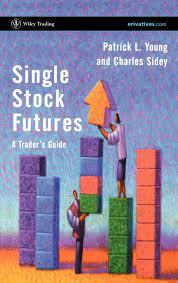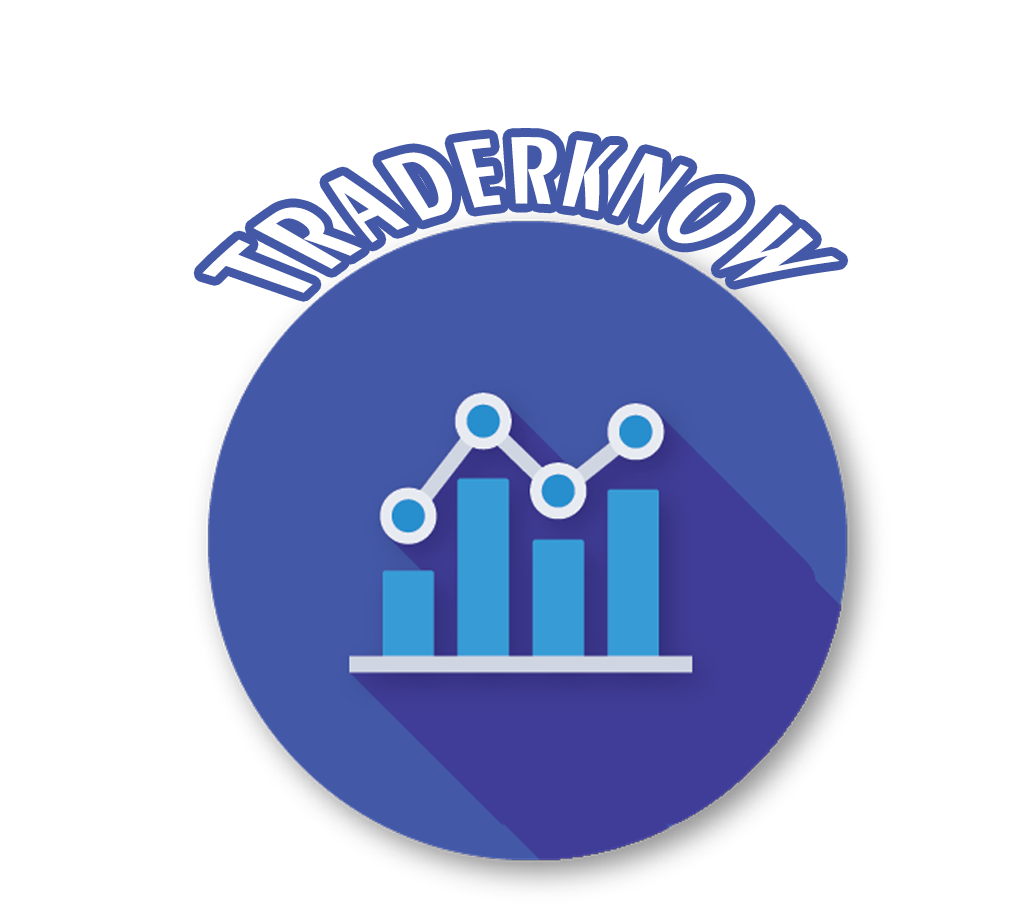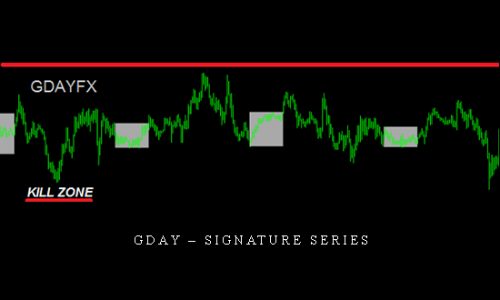
Single Stock Futures – A Trader’s Guide by Patrick L.Young
Single Stock Futures are regarded by many as the ultimate derivative. Having finally made their US trading debut in November 2002, the market is set for explosive global growth during 2003 and 2004. Written by experienced traders, this is the first practical guide to this exciting new product as increasingly traded throughout the world.
From the Inside Flap
Single stock futures are regarded by many as the ultimate derivative. Having finally made their US trading debut in November 2002, the market is set for explosive global growth during 2003 and 2004. Written by experienced traders, this book is the first practical guide to an innovative product that is increasingly being traded throughout the world.
From the Back Cover
As yet, single stock futures are still in their infancy, but they now represent the most exciting new product launch within the equity derivatives arena. They have a multiplicity of advantages for many traders and investors, being cheap, easy to understand, and a highly efficient use of capital to enhance investor opportunities.
Single Stock Futures is a practical, easy-to-read and comprehensive guide that will help traders and investors understand and utilise this innovative and exciting product.
“SSFs have been portrayed…as a new stage in the evolution of financial derivatives – which is certainly the case. But they could be more than that: they could radically alter the dynamics of equity investing…The possibilities are huge, but as yet only dimly perceived.”
From Single Stock Futures – The Ultimate Derivative, written by David Lascelles for the Centre for the Study of Financial Innovation.
Stock trading course: Learn about Stock trading
A stock trader or equity trader or share trader is a person or company involved in trading equity securities.
Stock traders may be an agent, hedger, arbitrageur, speculator, stockbroker.
Such equity trading in large publicly traded companies may be through a stock exchange.
Stock shares in smaller public companies may be bought and sold in over-the-counter (OTC) markets.
Stock traders can trade on their own account, called proprietary trading. Or through an agent authorized to buy and sell on the owner’s behalf.
Trading through an agent is usually through a stockbroker. Agents are paid a commission for performing the trade.
Major stock exchanges have market makers who help limit price variation (volatility) by buying. And selling a particular company’s shares on their own behalf and also on behalf of other clients.
Also Get Single Stock Futures – A Trader’s Guide by Patrick L.Young on Traderknow.com
Visit more course: FOREX TRADING COURSE
The same course: Bill Williams Eduard Altmann SMB Simpler Trading Van Tharp Atlas Api Training Trading Template Sunil Mangwani Sunil Mangwani Frank Paul . Also Market Delta Tradingacademy Simplertrading Urbanforex. Also Candlechartscom Dan Sheridan Pipsociety Atlas Api Training TopTradeTools Todd Mitchell Jerry Singh OpenTrader Alexandertrading Daytradingzones
Please contact email: [email protected]
Course Features
- Lectures 0
- Quizzes 0
- Duration 25 hours
- Skill level All levels
- Language English
- Students 99
- Assessments Yes








